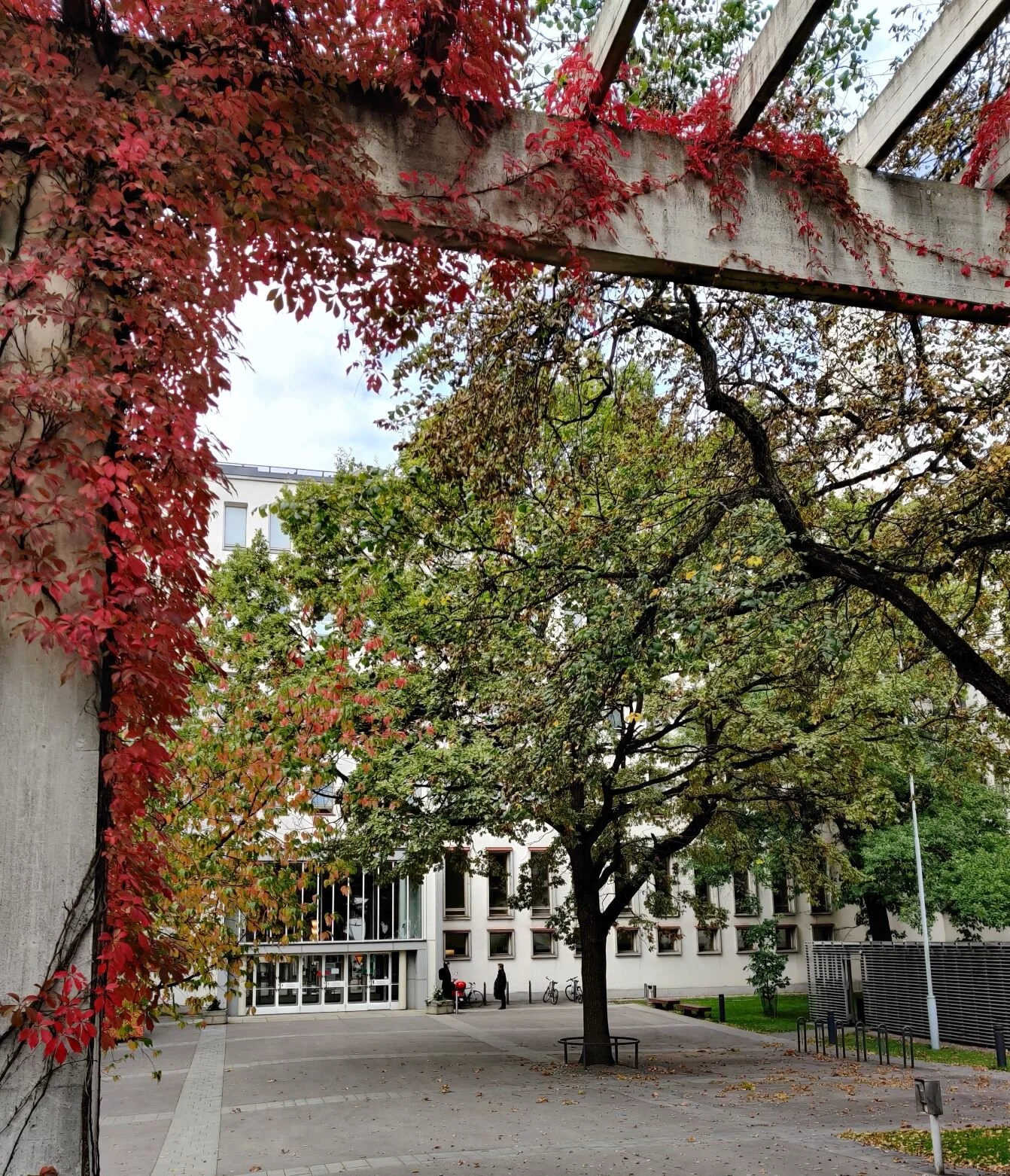Research Proposal: A Search to Understand Myself
There is nothing that is alluded to during the years spent at the University quite as much as the dreaded thesis writing process. From day one it seems that it lingers there in the minds and fears of the awaiting student, and the amount of academic humor that relies on the endlessly stretching thesis writing or the toll on master’s students that it takes is more than a lion’s share.
Courses pass, exams are taken, projects are completed and all of a sudden it stands before you: the thesis seminar (or methodology) is beginning. By this time, you have made the choice to either head towards a linguistics or a literature oriented seminar, but most likely only have vague ideas of what it is that you hope to study for your thesis.
By the end of the first quarter of my sociolinguistics seminar I had decided that I wanted to focus not only on the way that language use is tied to identity, but to the way that language is used to create and play around with identities, especially in multicultural and multilingual/-dialectal communities. This aspect of language use has always fascinated me through a personal interest and while completing the linguistics methodology minor, I had taken multiple courses on the sociolinguistic and psycholinguistic nature of bilingualism.
Flashback to my high school years spent in an English-speaking class inside a Finnish high school: I can recollect vaguely feeling that bilingualism tends to operate in a specific systematic way, and that underlying all the “randomness” of code-switching that happened in a clash of different levels of bilingualism there seemed to actually be a set of unspoken codes and rules that governed its workings. Reading through the linguistic data on bilingualism during my University years felt like being let in on a big secret that I had known about all along, but only now my eyes were opening to the full truth. I made revelations about my own language use that I had in theory known, but hadn’t been able to formulate in concrete terms. One type of language use that I had made first-hand observations of however remained unexplained.
When speakers of English are mixing in settings where speakers have different varieties of the language, and the group as a whole has been influenced by many different varieties, speakers may also “borrow” varieties that are not part of the regular way of speaking for them. This phenomenon is akin to the regional switching that happens with many languages between a more regional and a more standard accent or between different competing regional standards. The difference between this type of dialectal switching and the switching I had made observations of is that this phenomenon seems to cover a range of varieties of English, some of which were not necessarily part of the “natural” dialects of the speakers present and which were used for specific situation related effects. To make more sense of this academic terminology, I had noticed for example that specific types of jokes or specific topics in these communities were delivered in a dialect (take for example Indian English), which none of the speakers present actually spoke themselves.
Six months after deciding on a vague topic, a multitude of discarded research plans and unanswered email attempts later, one sunny late May morning I found myself walking through the doors of my old high school. Armed with a stack of some 500 pages of questionnaire sheets I would soon be administering a response test to 30 confused high schoolers. My test aimed first to gauge their reactions to a series of comedians playing around with the type of variety switching that I aim to study and secondly after the test gave them an opportunity to reflect on the relationship between language use and its implications. I also asked the respondents whether they had noted themselves or their community using the type of variety switching that I was interested in.
Flipping through the responses afterwards I was struck by how the high schoolers (without any previous knowledge of sociolinguistics) identified issues such as the problematic relationship of certain varieties being associated with “corresponding” stereotypes or how language can be used to provoke emotions. The most interesting part of the results for me was reading through the assessments the participants had made about their own language use and the extent to which they were able to recognize certain types of language use within their own communities. Many for example reported unintentional switching based on certain circumstances or associated specific varieties with emotional responses. Though many identified this type of switching with stereotyping when others were using this method, few reported using it themselves to stereotype.
It seemed that my research also sparked the curiosity of the high schoolers that took part. After the end of the session, I had several students come up to ask me more about what I am actually studying and what it’s like to study philology. I found my spark for sociolinguistics through trying to understand my own language use and of those around me. And isn’t this really quite what is at the core of all humanities – a centuries old search to better understand ourselves.




